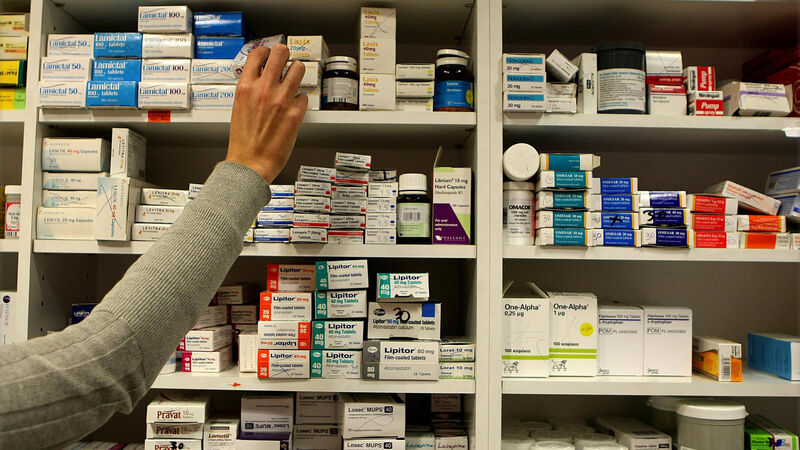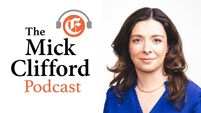Almost 240 medications in short supply, including diabetes and ADHD treatments

Pharmacists offer alternatives when safe to do so, which can mean medication approved for sale in Europe but not licensed specifically for Ireland is prescribed. File picture
There are now 238 medicines in short supply in Ireland, including treatments for diabetes, blood pressure, and depression, as health authorities defend efforts to tackle the “challenging” problem.
Among shortages reported to the Health Products Regulatory Authority (HPRA) are Ipramol, given for breathing difficulties, and seven anti-depressants containing sertraline.













